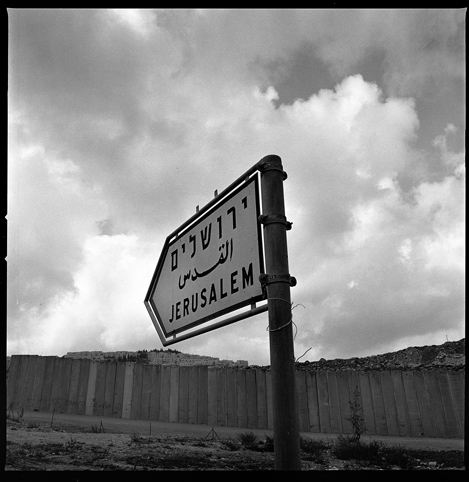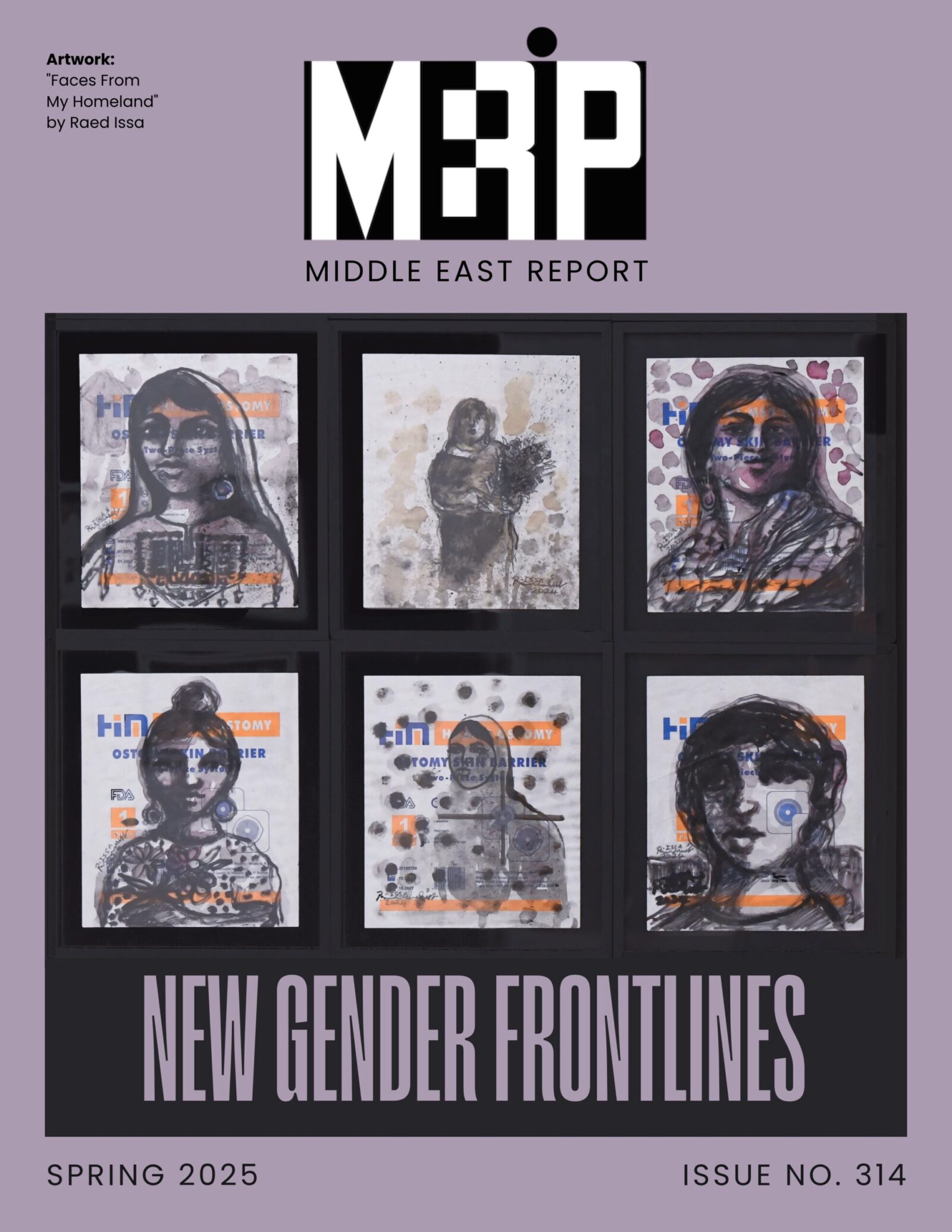IN THIS ISSUE:
Editor’s Picks (Winter 2009)
Abboud, Samer and Salam Said. Syrian Foreign Trade and Economic Reform (Fife, Scotland: St. Andrews Center for Syrian Studies, 2009).
Anderson, Liam and Gareth Stansfield. Crisis in Kirkuk: The Ethnopolitics of Conflict and Compromise (Philadelphia: University of Pennsylvania Press, 2009).
Arjomand, Said Amir. After Khomeini: Iran Under His Successors (Oxford: Oxford University Press, 2009).
Braverman, Irus. Planted Flags: Trees, Land and the Law in Israel-Palestine (Cambridge: Cambridge University Press, 2009).
Stein, Itineraries of Conflict
Rebecca L. Stein, Itineraries in Conflict: Israelis, Palestinians and the Political Lives of Tourism (Durham, NC: Duke University Press, 2008).
“To read Israel as itinerant is to imagine its alternative future.” With these optimistic words, Rebecca L. Stein closes the introduction to her beautifully written ethnography of Israeli tourism in the years between the 1993 Oslo agreement and the second intifada that began in the fall of 2000. What shines through in this book, indeed, is Stein’s optimism, which, far from being romantic or dreamy, emerges out of a sober and well-crafted socio-political analysis. Joining a growing body of works dedicated to the mechanisms of Zionist domination, Itineraries in Conflict stands out in its commitment not only to documenting the present predicaments of Israel-Palestine, but also to thinking through these predicaments and the often paradoxical possibilities they open for setting the political reality on a different trajectory.
No Shelter
“Angela” came to Jordan to work as a housekeeper because she is a single mother and needs to save for her children’s schooling. She paid a recruiter in the Philippines 11,000 pesos, about $234, “for the processing of my papers.” An hour before she went to the airport, she says, she signed a contract written in Arabic, a language she does not read. She did not see an English-language copy. Her recruiter told her she would receive $150 per month.
Normalization Politics on the Nile
On September 23, Farouq Husni lost a close vote for the post of head of the UN cultural and educational body, UNESCO, to the Bulgarian Irina Bokova. Husni, the sitting minister of culture in Egypt, had become the “controversial” contender for the position, his candidacy marred by accusations of anti-Semitism. His narrow defeat came after months of high-level negotiations, sparring in the international press and an intense debate in Egypt and the Arab world over the emotionally loaded subject of “normalization” with Israel.
CURRENT ANALYSIS
The Problem of Privilege
“To believe in a democratic Jewish state today is to be caught between the jaws of a pincer,” writes Peter Beinart in his widely circulated and hotly debated op-ed. Indeed — but it was ever thus.
Today the pincer is not, as Beinart would have it, the incongruity of the “democratic Israel” inside the Green Line and the “undemocratic Israel” outside it. It is the discrepancy between the notions that Israel — whether a Greater Israel encompassing West Bank settlements or the pre-1967 Israel for which Beinart pines — is both “democratic” and a “Jewish state.”
Clooney’s Arrest Dwarfs Sudan Agreement
The casual Sudan observer might conclude from recent news stories that George Clooney's arrest at the Sudanese embassy in Washington on March 16 has been the most significant event of the past week. It takes some digging to find any coverage of the preliminary agreement signed by representatives of Sudan and South Sudan in Addis Ababa on March 13, which is at least a step toward the settlement of disputes over borders, citizenship and oil revenues that have sustained diplomatic tensions and cross-border violence between the two states since the South's secession in July 2011.
Syrian Kurdish Cards
Upheaval in Syria has given Kurdish groups new opportunities to advance their nationalist agendas while serving as proxies for neighboring states. In Turkey, the Kurdistan Workers’ Party or PKK has taken advantage of the rift between the regime of Bashar al-Asad and the Turkish government by turning to the former to help it launch its armed operations. In Iraq, after some delay, Kurdish elites have entered Syrian opposition politics as well, highlighting the ironies and internal tensions of their own position. The Kurdistan Regional Government (KRG) is keen to persuade Turkey, its key regional patron, that it can contain the PKK elements based in Iraqi territory and moderate Syrian Kurdish demands, while also assuring its Kurdish brethren that it will support their claims. And in Syria itself, Kurds have created the Kurdish National Council in parallel to the main opposition body, the Syrian National Council (SNC) — a reaction to the possibility that the SNC will morph into a successor regime led by Muslim Brothers under Turkish influence.
LATEST ISSUES
FEATURED PRIMER

Primer: Palestine-Israel
Read the newest iteration of MERIP’s Palestine primer. Published in March 2025, and updated to reflect developments in the ten years since our previous primer, it provides an overview of key actors, organizations, historic events, political developments and diplomatic initiatives that have shaped the status and fate of Palestinians and the State of Israel from the late nineteenth century to the present.


